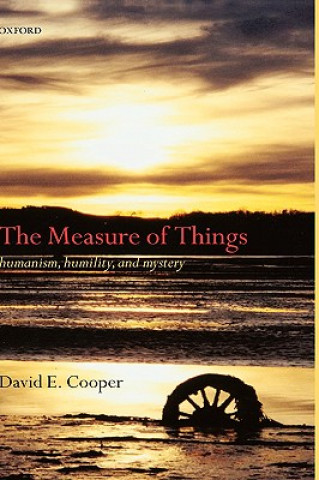
Kód: 04523771
Measure of Things
Autor David Cooper
Philosophers, both western and eastern, have long been divided between 'humanists', for whom 'man is the measure of things', and their opponents, who claim that there is a way, in principle knowable and describable, that the world ... celý popis
- Jazyk:
 Angličtina
Angličtina - Vazba: Pevná
- Počet stran: 384
Nakladatelství: Oxford University Press, 2002
- Více informací o knize

Mohlo by se vám také líbit
-

Granta 100
568 Kč -
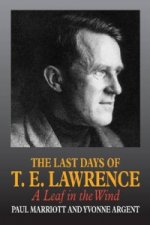
Last Days of T.E. Lawrence
1256 Kč -
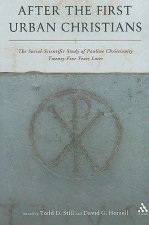
After the First Urban Christians
1741 Kč -
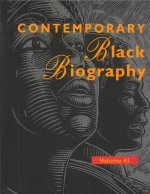
Contemporary Black Biography
8676 Kč -
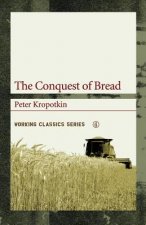
Conquest Of Bread
432 Kč
Dárkový poukaz: Radost zaručena
- Darujte poukaz v libovolné hodnotě a my se postaráme o zbytek.
- Poukaz se vztahuje na celou naši nabídku.
- Elektronický poukaz vytisknete z e-mailu a můžete ihned darovat.
- Platnost poukazu je 12 měsíců od data vystavení.
Více informací o knize Measure of Things
Nákupem získáte 538 bodů
 Anotace knihy
Anotace knihy
Philosophers, both western and eastern, have long been divided between 'humanists', for whom 'man is the measure of things', and their opponents, who claim that there is a way, in principle knowable and describable, that the world anyway is, independent of human perspectives and interests. The early chapters of The Measure of Things chart the development of humanism from medieval times, through the Renaissance, Enlightenment and Romantic periods, to its most sophisticated, twentieth-century form, 'existential humanism'. Cooper does not identify this final position with that of any particular philosopher, though it is closely related to those of Heidegger, Merleau-Ponty and the later Wittgenstein. Among the earlier figures discussed are William of Ockham, Kant, Herder, Nietzsche and William James. Having rejected attempts by contemporary advocates of modest or non-metaphysical realism to dissolve the opposition between humanism and its 'absolutist' rival, Cooper moves on to an adjudication of that rivality. Prompted by the pervasive rhetoric of hubris that the rivals direct against one another, he argues, in an original manner, that the rival positions are indeed guilty of lack of humility. Absolutists - whether defenders of 'The Given' or scientific realists - exaggerate our capacity to ascend out of our 'engaged' perspectives to an objective account of the world. Humanists, conversely, exaggerate our capacity to live without a sense of our subjection to a measure independent of our own perspectives. The only escape, Cooper maintains, from the impasse reached when humanism and absolutism are both rejected, lies in a doctrine of mystery. There is a reality independent of 'the human contribution', but it is necessarily ineffable. Drawing in a novel way upon the Buddhist conception of 'emptiness' and Heidegger's later writings, the final chapters defend the notion of mystery, distinguish the doctrine advanced from that of transcendental idealism, and propose that it is only through appreciation of mystery that measure and warrant may be provided for our beliefs and conduct.
 Parametry knihy
Parametry knihy
Zařazení knihy Knihy v angličtině Humanities Philosophy Non-Western philosophy
5382 Kč
- Plný název: Measure of Things
- Podnázev: Humanism, Humility, and Mystery
- Autor: David Cooper
- Jazyk:
 Angličtina
Angličtina - Vazba: Pevná
- Počet stran: 384
- EAN: 9780198238270
- ISBN: 0198238274
- ID: 04523771
- Nakladatelství: Oxford University Press
- Hmotnost: 694 g
- Rozměry: 244 × 164 × 27 mm
- Datum vydání: 24. October 2002
Oblíbené z jiného soudku
-
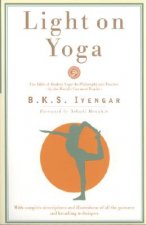
Light on Yoga
460 Kč -
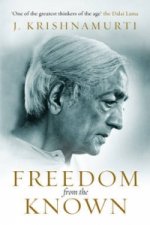
Freedom from the Known
303 Kč -

Heart of Yoga
441 Kč -
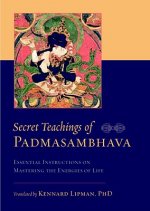
Secret Teachings of Padmasambhava
411 Kč -
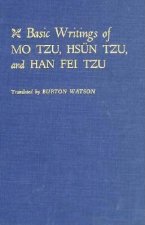
Basic Writings of Mo Tzu, Hsun Tzu, and Han Fei Tzu
2127 Kč -
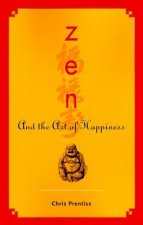
ZEN and the Art of Happiness
332 Kč -
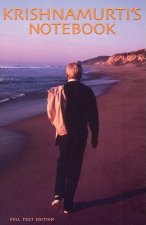
Krishnamurti'S Notebook
389 Kč -
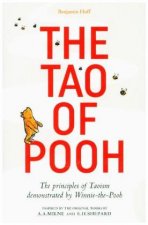
Tao of Pooh
254 Kč -
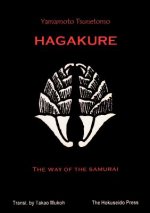
Hagakure - The Way of the Samurai
381 Kč -

Hagakure
274 Kč -
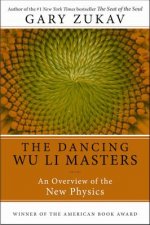
Dancing Wu Li Masters
357 Kč -
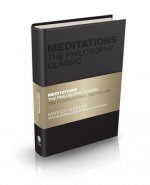
Meditations
294 Kč -
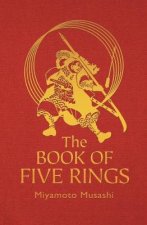
Book of Five Rings
410 Kč -

Light on Pranayama
357 Kč -

Little Book of Ikigai
286 Kč -
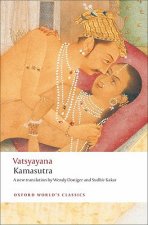
Kamasutra
276 Kč -
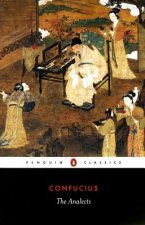
Analects
249 Kč -
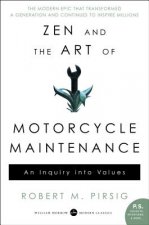
Zen and the Art of Motorcycle Maintenance
404 Kč -
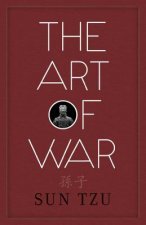
Art of War
236 Kč -

Hyperobjects
660 Kč -
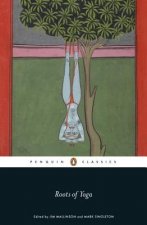
Roots of Yoga
357 Kč -
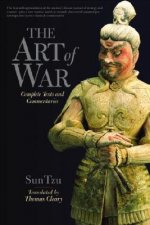
Art of War
582 Kč -
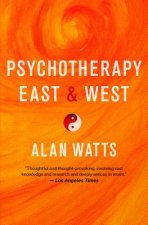
Psychotherapy East and West
381 Kč -
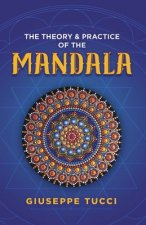
Theory and Practice of the Mandala
254 Kč -
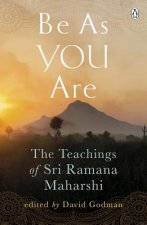
Be As You Are
303 Kč -
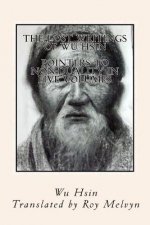
Lost Writings of Wu Hsin
567 Kč -

Lightning and the Sun
1426 Kč -

Moving Inward: The Journey to Meditation
326 Kč -
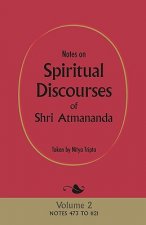
Notes on Spiritual Discourses of Shri Atmananda
345 Kč -
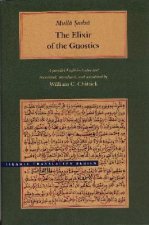
Elixir of the Gnostics
1126 Kč -
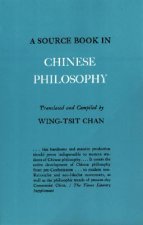
Source Book in Chinese Philosophy
1082 Kč -

Twenty Precepts of Gichin Funakoshi
254 Kč -
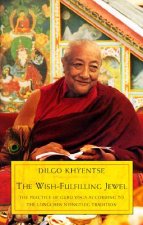
Wish-Fulfilling Jewel
370 Kč -
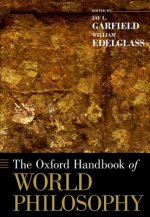
Oxford Handbook of World Philosophy
2024 Kč -
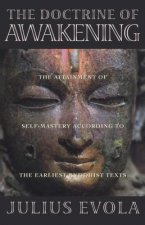
Doctrine of the Awakening
408 Kč -
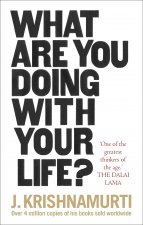
What Are You Doing With Your Life?
358 Kč -

Total Freedom
413 Kč -

Light on Yoga
544 Kč -

Code of the Samurai
306 Kč -
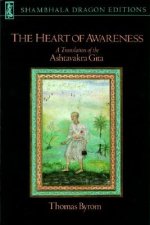
Heart of Awareness
432 Kč -
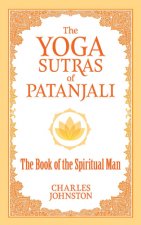
Yoga Sutras of Patanjali
210 Kč -
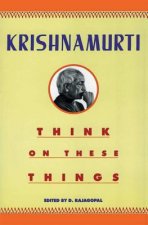
Think on These Things
338 Kč -
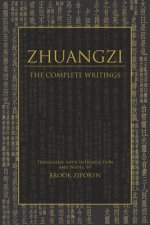
Zhuangzi: The Complete Writings
1056 Kč -
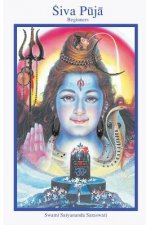
Shiva Beginner Puja
274 Kč -

Heart
373 Kč -
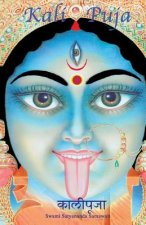
Kali Puja
582 Kč -

Tree of Yoga
276 Kč -
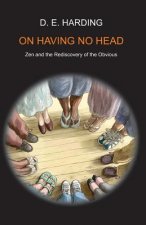
On Having No Head
411 Kč -

Bringing Yoga to Life
400 Kč
Osobní odběr Praha, Brno a 12903 dalších
Copyright ©2008-24 nejlevnejsi-knihy.cz Všechna práva vyhrazenaSoukromíCookies



 Vrácení do měsíce
Vrácení do měsíce 571 999 099 (8-15.30h)
571 999 099 (8-15.30h)